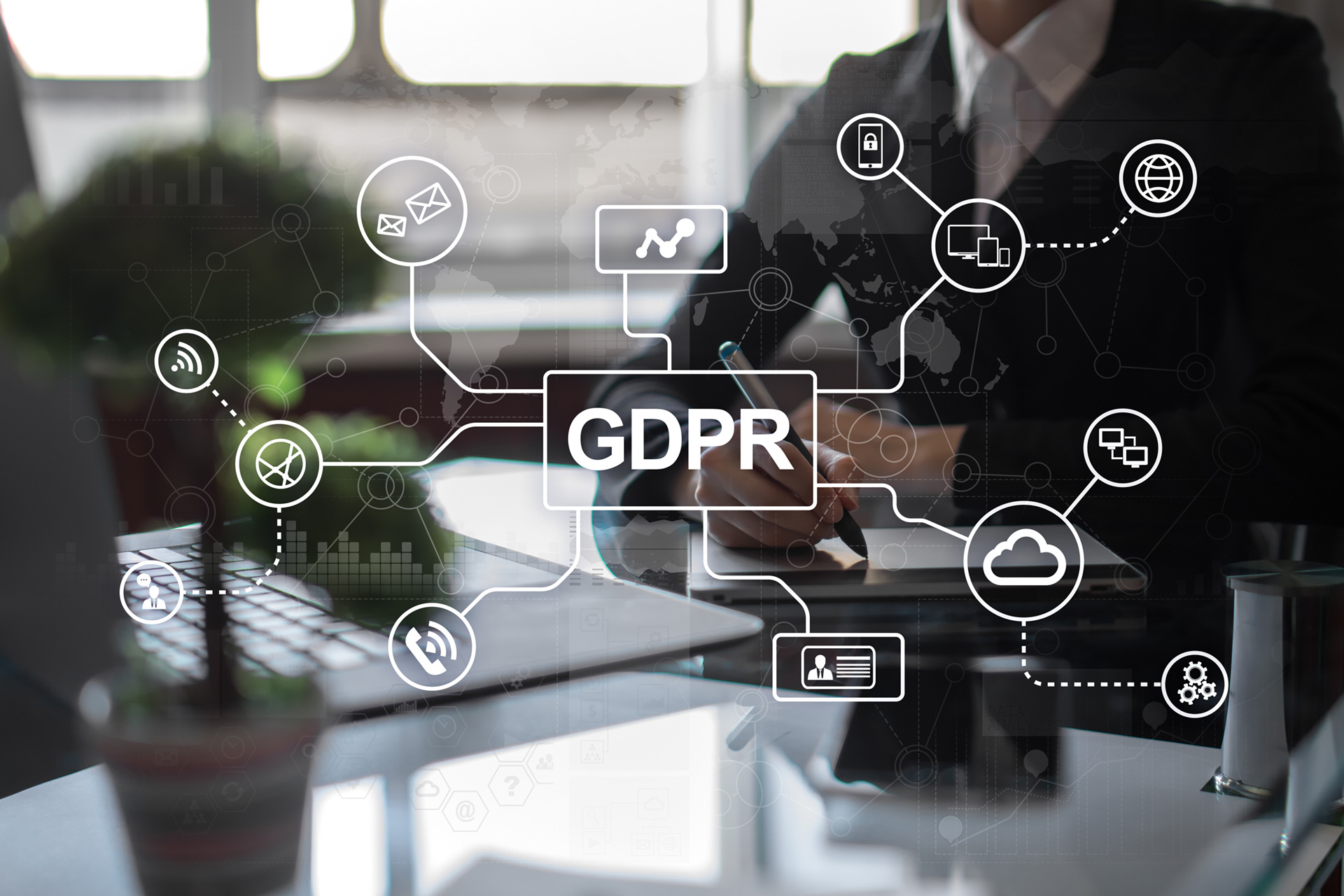Data Privacy Day is celebrated in the United States, Canada, Israel and 47 European countries on January 28 each year. The day aims to raise awareness of the importance of privacy in all of our lives; whether it’s protecting our own personal information, or as a business ensuring that the data you hold on your customers is safe and secure.
Data Privacy Day was first observed in the United States and Canada in January 2008, as an extension of Data Protection Day celebrated in Europe. On 28 January 1981 the first legally binding treaty, regarding privacy and data protection, was signed. This was commemorated with Data Protection Day.
The National Cyber Security Alliance (NCSA) officially leads the campaign for Data Privacy Day, they work with an advisory committee of professionals to help share relevant, meaningful content aligned to current privacy issues.
More of our lives are now spent online, with vast amounts of personal information being used, collected, or shared in the digital society. Many people are still unaware and uninformed about how their data is kept and utilised. Data Privacy Day aims to create awareness and encourage individuals and companies to take action.
So, whether you’re an individual looking to better understand how your data is collected and shared, or a business collecting, using and storing customer data, it is important to remember that personal information is like money. Value it and protect it.
Here’s some useful advice, whether you’re an individual or a business on how you can get involved in Data Privacy Day and help create a global community that respects privacy, safeguards data, and enables trust.
For individuals:
- Consider how much personal information you share: Information such as your purchase history, IP address, or location, is incredibly valuable to businesses. Consider the amount of personal information that businesses ask you for and what benefits you receive from them in return.
- Regularly review your apps: Many apps will request access to personal information such as your location, contacts list and photo’s before you can use their app. Be careful about the information you allow them access to and be cautious of apps that request information that has nothing to do with the services they are providing. Regularly delete unused apps on your connected devices and ensure the others are kept up to date with regular updates.
- Manage your privacy settings. Check the privacy and security settings on your devices, apps and browsers and set them to your comfort level for sharing the appropriate amount of information. Each will have different features to limit how and with whom you share information.
For businesses:
- Protect what you collect. Financial loss is not the only consideration when it comes to data breaches, but also a loss in reputation and customer trust. Ensure that you have appropriate security measures in place to keep your customers’ personal information safe and protected from inappropriate and unauthorised access. Only collect the data that you need in order to provide a service to your customer.
- Create a privacy framework. A privacy framework can help you to manage risk and encourage a culture of privacy within your organisation. Research and adopt a framework that is right for you to help underpin your risk management strategies.
- Review your processes. Do you know what privacy laws and practices apply to your business? Do you understand your data collection process? Are your employees aware of their obligations to keep personal information protected? Undertake a review of all of the relevant areas, and implement plans for where things need to change and adapt.
- Be honest. Ensure your customers understand what personal information you are collecting and the purposes that you are holding it for. Effectively communicate how you keep their information safe and maintain privacy.
- Relationships with partners and suppliers. If you work with suppliers to offer services on your behalf, ensure you understand how they are collecting, using and storing data as you are also responsible for the security of that personal information.

